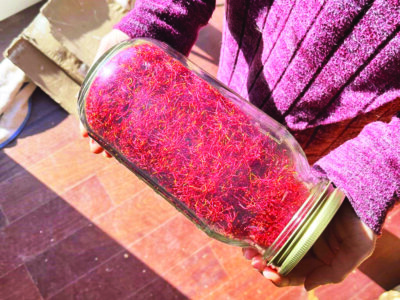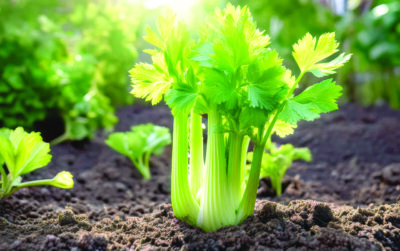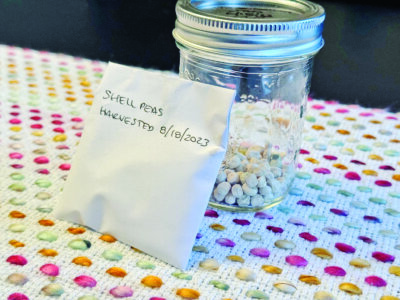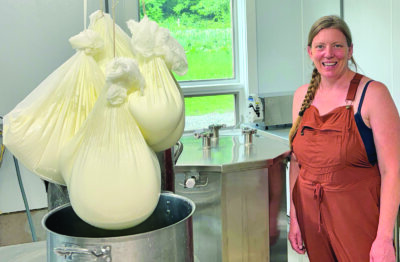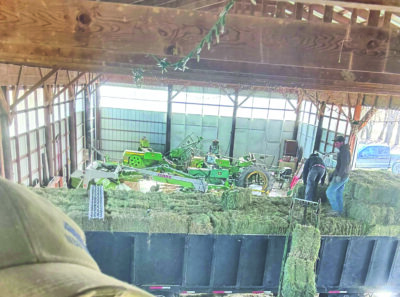Mt. Philo Hops farm sparks debate
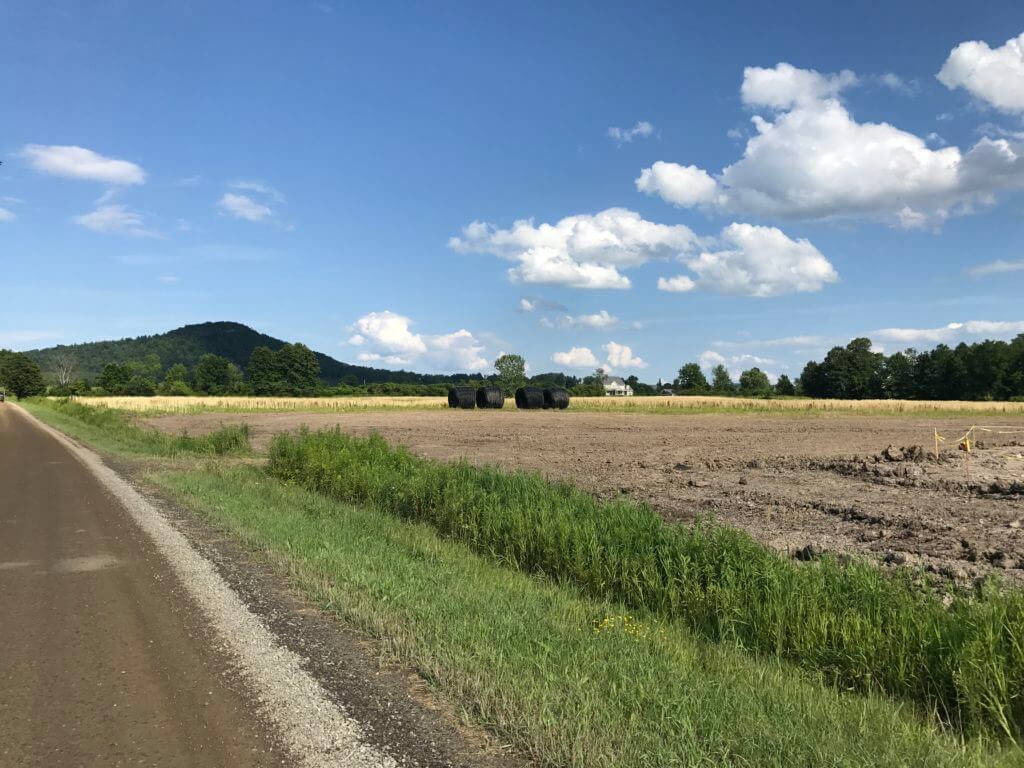
Descending in a gentle slope from Route 7 alongside East Thompson’s Point Road are 59 acres of agricultural land, protected under the Vermont Land Trust (VLT) and owned by Peter Briggs. This acreage is to be home to Mt. Philo Hops, the area’s first industrial size hops farm. Briggs bought the land earlier this year in an attempt to “reintroduce a historical crop to Vermont.”
Hops are used in beer production and require trellises 18 feet tall to grow properly. Of Briggs’ new property, about 30 acres will be devoted to these trellises. Briggs and his farm manager, Julian Post, hope to begin selling their crops to local breweries within the next two to three years.
The land is under conservation easement by VLT, which means that development is limited and practices that may harm the land are prohibited. According to Elise Annes, vice president for community relations at VLT, the “goal of an agricultural easement is to assist keeping the farm viable as a farming operation.”
For the concerns of many neighbors of the impending hops farm, agricultural easements do no good. Concerns about the hops farm range from strain on the water table to the destruction of views. Most of these concerns are raised by neighbors of the hops farm.
One such neighbor is Eliza Bedell, whose post on Front Porch Forum voiced her concerns about the effects on the viewshed of the tall trellises and accompanying hops vines, the effects on air quality of pesticides, and the strain on natural resources. She also worries that the erection of tall structures in front of her view may affect the resale value of her property.
Bedell is frustrated by the sudden change to the property outside her doorstep. She says that she hasn’t seen any effort by the owners of Mt. Philo Hops to mitigate her concerns and that no one has contacted her on the matter.
Other neighbors, like Peter Schubart, expressed wonderment on Front Porch Forum that “something so destructive to the local views and aesthetics can be deemed to be ‘conservation.’”
“Sometimes folks feel that conservation means that views are maintained,” said Annes. “However, in Vermont, where many people make their living off the land, and where we value local food, an agricultural easement may keep a business viable, but it may not keep a precise view intact.”
Briggs and Post say they are aware of these concerns and are happy to confer with any neighbors who have worries. “We are very sensitive to our neighbors,” said Briggs. “Our goal is to make the farm as unobtrusive and attractive as possible.”
To this end, Briggs and Post have thought of a number of ways they hope to make neighbors feel more comfortable about the farm. The farm will be home to two large, half-million-gallon ponds to collect rainwater and runoff and ease the strain on the water table. They have also attempted to strategically place these ponds as windows of sorts to give homeowners a clear line of sight to their existing views.
Setbacks will also be observed to minimize the towering height of the trellises. From Route 7, trellises will be set back 50 feet or more, and from roads like Thompson’s Point and Palmer Lane, the setback will be about 30 feet.
Post has stuck a test pole into the crest of the small hill directly before the dip down to Palmer Lane to demonstrate the height the trellises will reach. The pole is less tall than the stand of trees growing along the edge of the property, and Post emphasized that most of the trellises will be shorter, since they won’t be on the crest.
For Post and Briggs, the piece of property along East Thompson’s Point Road combines the perfect mixture of sun, water, drainage and visibility from Route 7. They hope to become an integral part of the thriving craft brewery industry in Vermont.
According to Briggs, Vermont breweries currently have to source their hops mainly from other states, meaning there’s a lot of value being cut out of the industry for the state.
U.S. craft beer production volume has more than doubled since 2011, according to the Brewers Association, and hopping rates are on a steady increase as well. Mt. Philo Hops is excited to capitalize on the growing industry, and Briggs hopes to be a leader in bringing more hops farmers to Vermont.
John Bethune, another Charlotte resident, pointed out that as far as agricultural development goes, hops are not the worst thing to happen to Vermont. “This is a very low impact crop,” wrote Bethune on Front Porch Forum. “Not smelly like cow manure.”
Indeed, any worry about straining the water table or use of pesticides is mostly moot, since the land in question was already being used for hay and corn production.
Post is excited to see where Mt. Philo Hops will go. “It’s a great improvement to the land,” he said. As for the height of the trellises, “we like that [the hops] have a lot of energy.”
Summer intern Sarah Wolverton was born and raised in Jackson Hole, Wyoming, and moved to Charlotte two years ago. She is a rising senior at Syracuse University with a double major in magazine journalism and marketing management. She enjoys writing, reading and telling each of her three dogs that they’re her favorite.
Related Stories
Popular Stories
If you enjoy The Charlotte News, please consider making a donation. Your gift will help us produce more stories like this. The majority of our budget comes from charitable contributions. Your gift helps sustain The Charlotte News, keeping it a free service for everyone in town. Thank you.
Andrew Zehner, Board Chair




